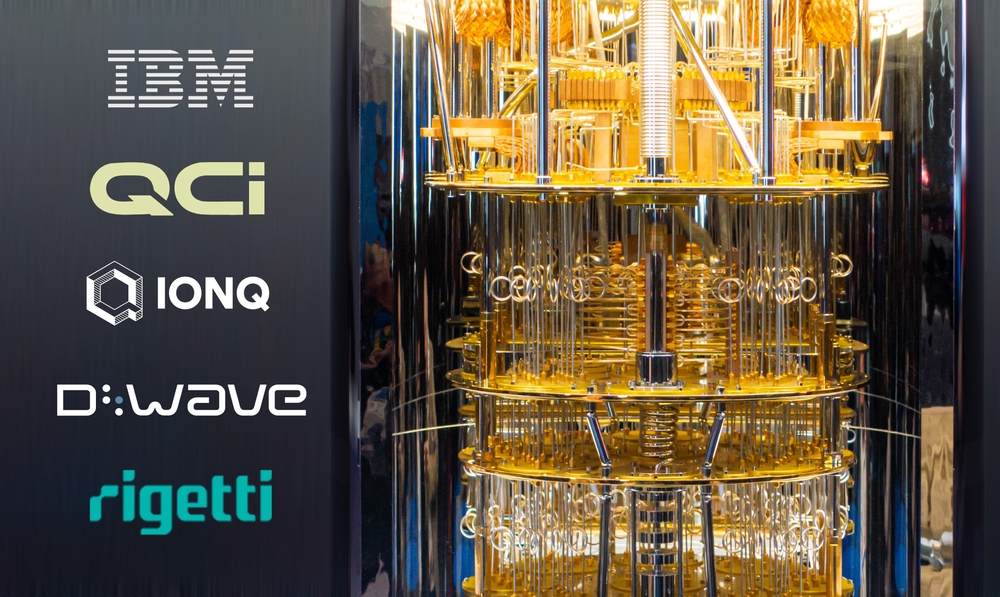
Over the five days since IonQ (IONQ) announced a “major quantum computing milestone,” its stock has risen 6.4%, the only one of the four major quantum computing startups to post gains in that time frame.
By comparison, D-Wave Quantum (QBTS) has lost 23.5%, Rigetti Computing (RGTI) is down 7.2% and Quantum Computing (QUBT) dropped 6.3%.
And while all four stocks are down this year, newly appointed IonQ CEO Niccolo de Masi appears confident that his company has separated itself from the pack of other quantum computing startups.
Speaking at a Morgan Stanley conference earlier this month, de Masi told Joseph Moore, a managing director and analyst of the semiconductor industry for Morgan Stanley, that IonQ is the “only quantum commercial business” in the industry at the moment.
“We consider ourselves to be the 800-pound gorilla of the quantum computing business,” he said.
“We have 933 patents – 400 in networking, 500 in computing. And we continue to build that momentum and that moat with every customer in every geography we're in.”
Moore noted that IonQ has the “most financial resources” among the dedicated quantum companies, which has allowed the company to pursue M&As that many others in the space haven’t.
And the financials bear that out: IonQ’s dwarfs all of its competitors in terms of its 2024 revenue.
IonQ brought in $43.1 million in revenue, while Rigetti had $10.8 million, D-Wave had $8.8 million and Quantum Computing brought in $373,000.
In its outlook for 2025, IonQ is projecting between $75 million and $95 million in revenue, with between $7 million and $8 million in the first quarter.
‘The big get bigger’
In an industry where a lot of the products are years away from going to market, company stocks trade largely on headlines.
This was evident when Nvidia CEO Jensen Huang sent quantum computing stocks plunging in January by saying that “very useful quantum computers” wouldn’t be commercially viable for 15 to 30 years.
Huang again sent stocks reeling due to comments he made about the industry during Nvidia’s annual conference last week.
Moore asked IonQ's de Masi about Huang placing the timeline for commercially viable quantum computers at 15 to 30 years.
While he said that any startup that tells venture capitalists “they're going to come out and smash NVIDIA and Broadcom any moment now” would not be credible, he also pushed back on the notion that the industry is not commercially viable yet.
“So I think our GAAP revenue is not likely to be the size of NVIDIA's next quarter, and we're not guiding towards that,” he said.
“At the same time, we're patently proving that it is not true that you can't do useful things with quantum today on our machines. That doesn't mean you can do useful things on everyone's machines.”
De Masi noted that IonQ has a partnership with Nvidia around drug discovery research. And where IonQ might be setting itself apart from other startups is in its pace of acquisitions and partnerships.
The company has already announced two acquisitions this year, as well as a new strategic partnership. It also commissioned a networking system to the U.S. Air Force Research Lab earlier this month as part of a $94.5 million contract.
At the Morgan Stanley event, de Masi pointed to how other tech companies have flexed their muscles in the past through acquisitions and partnerships.
This appears to be the path that IonQ is also taking.
“Facebook bought WhatsApp and Instagram, not the other way around," he said. “Look at Oracle, 40 years on for that relational database. And so I think the big get bigger.”
Your email address will not be published. Required fields are markedmarked